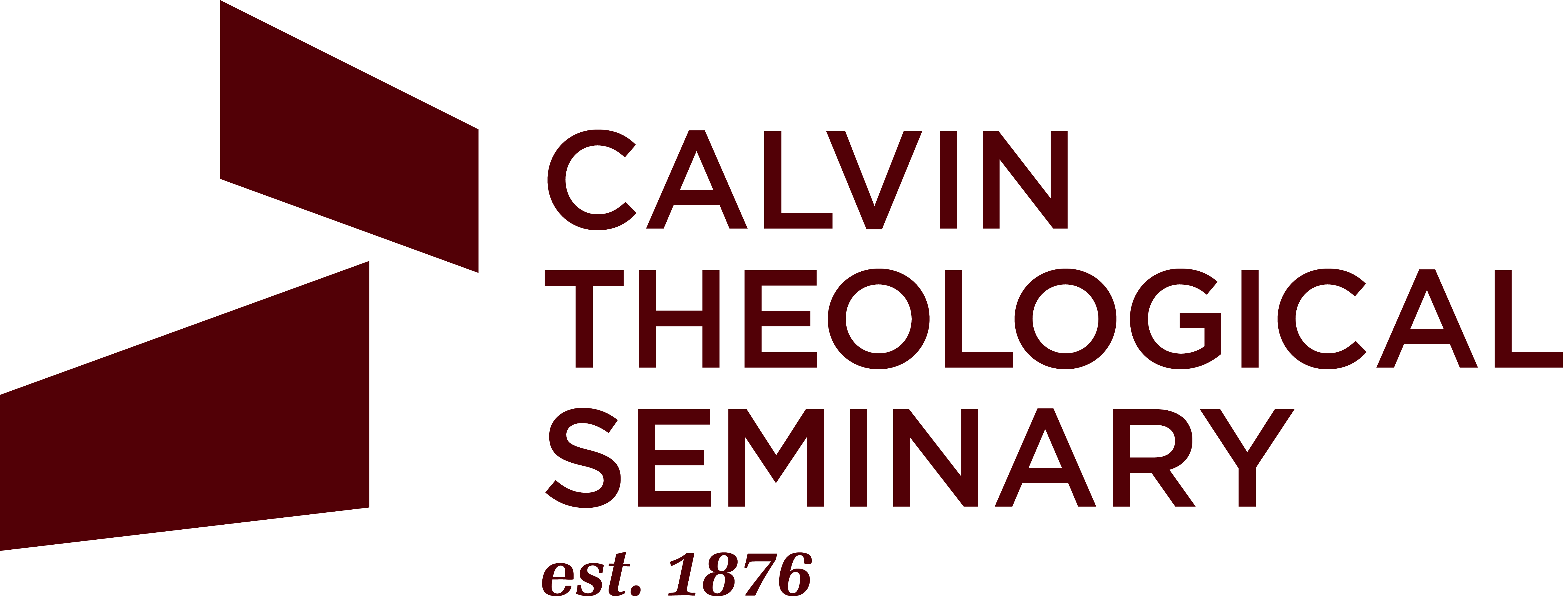Master of Arts in Clinical Mental Health Counseling (MCMHC)
Our Master of Arts in Clinical Mental Health Counseling Program
Meet a need, and meet your goals through the MA in CMHC.
This new master’s program will help meet the demand for licensed mental health counselors, which is currently robust at the national, state, and local levels. The U.S. Bureau of Labor Statistics projects that employment for mental health therapists and counselors, as well as addiction and behavioral counselors, will far outpace the employment average in all other labor categories by 2031.
MA in CMHC Courses & Credit Hours
Students will complete a total of 60 credit hours.
After consulting with the program advisor, students will have the ability to choose three courses, according to their unique vocational calling, to complete the Religious and Theological Foundations component of their coursework.
Seminar on Faith & Theological Formation, and Counseling Vocational Identity (3)
Elective: (Faith, Spirituality, and Clinical Counseling Elective) (3)
Elective: (Faith, Spirituality, and Clinical Counseling Elective) (3)
Faith & Mental Health: Ethical Integrations (3)
Diagnosis and Psychopathology (3)
Clinical Assessment, Measurement, and Testing in Counseling (3)
Research Design and Program Evaluation (3)
Group Dynamics, Techniques, and Counseling (3)
Career Development and Counseling (3)
Human Development and Lifespan Psychology (3)
Social and Cultural Diversity in Counseling Psychology and Therapy (3)
Professional Orientation, Laws, and Ethics in Counseling (3)
Counseling Theory and Methods I (3)
Counseling Theory and Methods II (3)
Counseling Techniques, Strategies, and the Helping Relationship (3)
Trauma and Crisis Counseling (3)
Foundations in Clinical Mental Health Counseling (3)
100-hour Clinical Counseling Practicum (1)
300-hour Clinical Counseling Internship I (3)
300-hour Clinical Counseling Internship II (3)
Counseling Psychology and Mental Health Capstone (2)
Online Master’s in Mental Health Counseling Degree
Calvin Theological Seminary is pleased to offer students on-campus and synchronous online course delivery options for the MA in CMHC degree program.
Reformed Tradition
Calvin Theological Seminary offers engagement with the ideas of the Reformed tradition, whether or not students are already familiar with this tradition of Christianity. Students learn from each other through their varying Christian backgrounds and perspectives.
Vocational Formation & Contextual Learning
This program focuses greatly on your vocational formation, namely within the field of mental health counseling. Your clinical practice will involve three formative contextual learning opportunities to gain insights, mentoring, and experience in the field.
Highlights
Calvin Theological Seminary is a learning community known for its deep Christian faith, its reputation for intellectual rigor, and the notability of professors in their respective fields. This new degree is poised to be a premier Christian seminary program for clinical mental health counseling.
Finishing Your Christian Counseling Degree
How Long Does a Master of Arts in Clinical Mental Health Counseling Take?
This program typically takes three years to complete.
Program Outcomes
Students will receive academic and professional training, as well as spiritual formation, informed by Christian theology and ethics. Graduates will be competent in the ethical integration of faith and theology with peer-reviewed, empirically-based, mental health- and psychology-related theory and research. Graduates will also be proficient in the scholarship and clinical skills required to pass the National Counselors Exam (NCE) and/or prospectively qualify to apply for state licensure, which varies for each state.
How to Apply
Our outstanding faculty members are ready to work with you, creating a personal plan for your education in clinical mental health counseling.
Calvin Theological Seminary considers your unique situation in determining your financial aid package. Learn more about our scholarship opportunities.
Application Requirements
Admission Deadlines
Applications are generally accepted on a rolling basis, but international students are encouraged to apply as early as possible to coordinate travel and immigration logistics.
The following are general application deadline guidelines:
Fall Term
- March 1: Apply for this date to be considered for priority scholarship consideration.
- July 1: North American student deadline
- June 1: International student deadline
Spring Term
- November 15
Summer Term
- April 1
Frequently Asked Questions (FAQs)
Apply Now
You’re invited to apply today! The sooner you begin your program, the sooner you can reach your goals in the field of clinical mental health counseling.
Get to Know Calvin Theological Seminary

Meet Your Faculty
Faculty at Calvin Theological Seminary carry out the seminary’s mission as inspiring thought leaders, invested teachers and mentors, and committed followers of Christ.

Student Stories
Past graduates have applied their learning to a variety of ministry-based opportunities. Here are some of their stories.

Academic Support
In addition to contextual learning, the Vocational Formation Office offers students other forms of support, including formation groups with peers, vocational mentors, and assessment tools to help students identify and cultivate their strengths.
